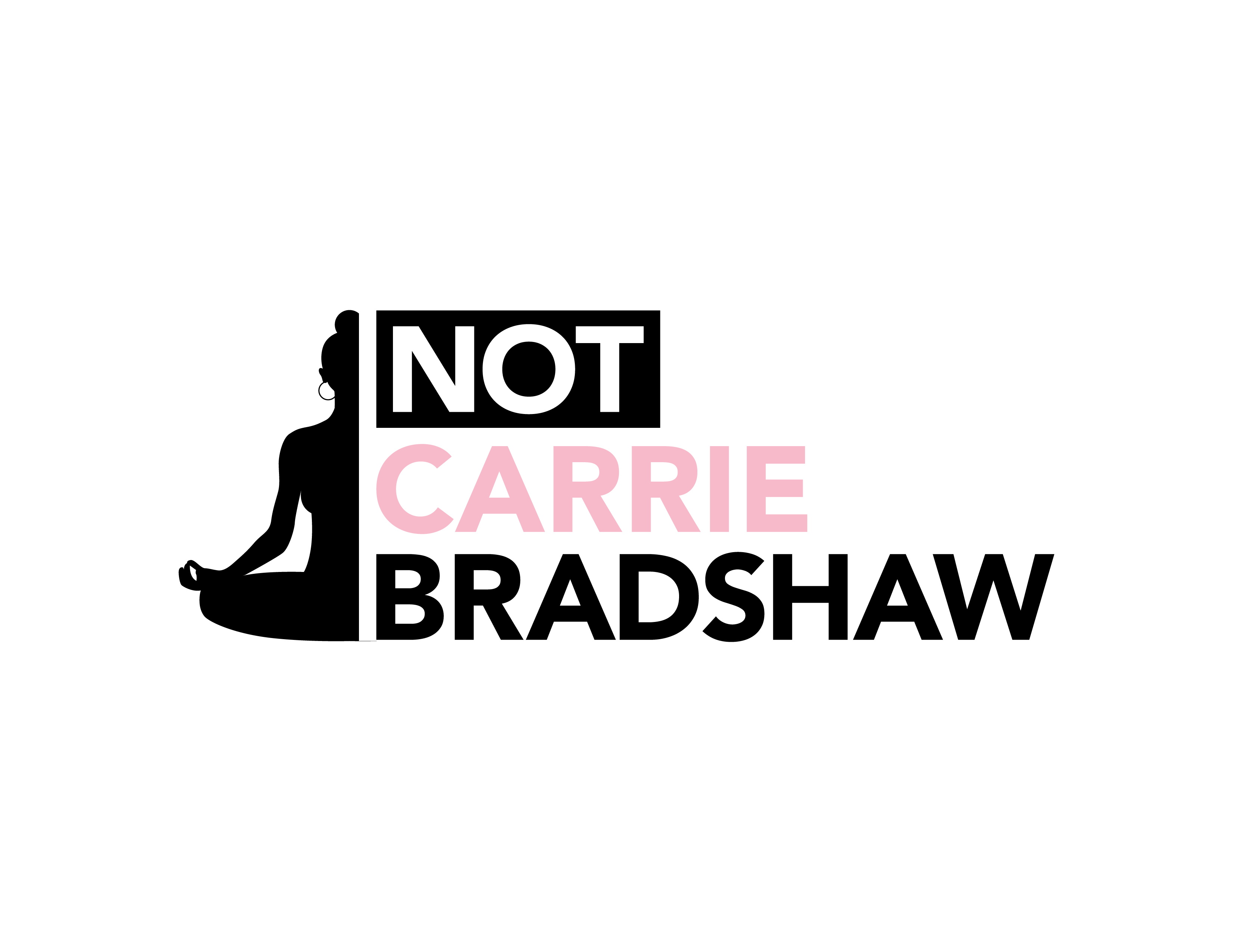
Photo: A24
Moonlight is by far one of the best movies I’ve ever seen. Not just in the realm of black movies, but period. There was so much care taken to tell the layered story of a young black boy growing up in Miami, trying to understand his sexuality and survive, but without the exploitative factor. The movie stars Naomi Harris, (whose red carpet game is beyond notable) Trevante Rhodes, (one of the most beautiful people I’ve ever seen) and Mahershala Ali (one of my favorite actors). For once, the young black kid is not saved by a well-meaning white woman, in fact, there aren’t any visible white people in the entire film. There are no shoot outs, or gang violence, or hyper sexualized black bodies. There are moments of high emotional intensity, endearing characters, and a true, but careful exploration of a very specific, yet often occurring black experience. At its core, it is a love story. It is not the usual love story that comes with most movies, black or otherwise. Moonlight is the story of how all of the love we receive or don’t receive shapes who we really are.
Set in Miami, Moonlight is broken into three parts of the main character’s life: Little, Chiron, and Black. At each phase, he is trying to find himself and where he belongs in the world, in his world. We see the effects of the crack epidemic on black families, the fallout of the fragility of the black male ego and how it impacts their expressions of their sexuality, and the impact of kindness and mentor-ship. We see that every hero in a child’s life is not a perfect being, nor do they have to be to make a difference in that child’s life. We see that when boys are not allowed to cry, to explore, and/or express their feelings that, that suppression manifests itself in painful ways. There was so much care taken with this story to make sure the focus was where it should be, and that’s what gave it such depth.
Initially I was very taken aback by the fact that the theater in which I saw this film was filled with white people. I felt that weird embarrassment that some of us feel when the word nigga is used in mixed company. But the thing is, that’s who needs to see these stories the most. Our spirits are fed by seeing authentic depictions of black life, but their minds are. We are so often just preaching to the choir when we discuss the black experience amongst ourselves. Those conversations are necessary and beneficial within our circles, but for positive change to happen, it’s important for those outside of our community to see films like Moonlight, and to learn about what it means to be black in America. It’s important for others to see the world through our eyes, from our perspective, with our voice, without the unnecessary displays of black pain. Please go support this movie, and learn something about an experience that may differ from yours.
View the trailer below.




Recent Comments